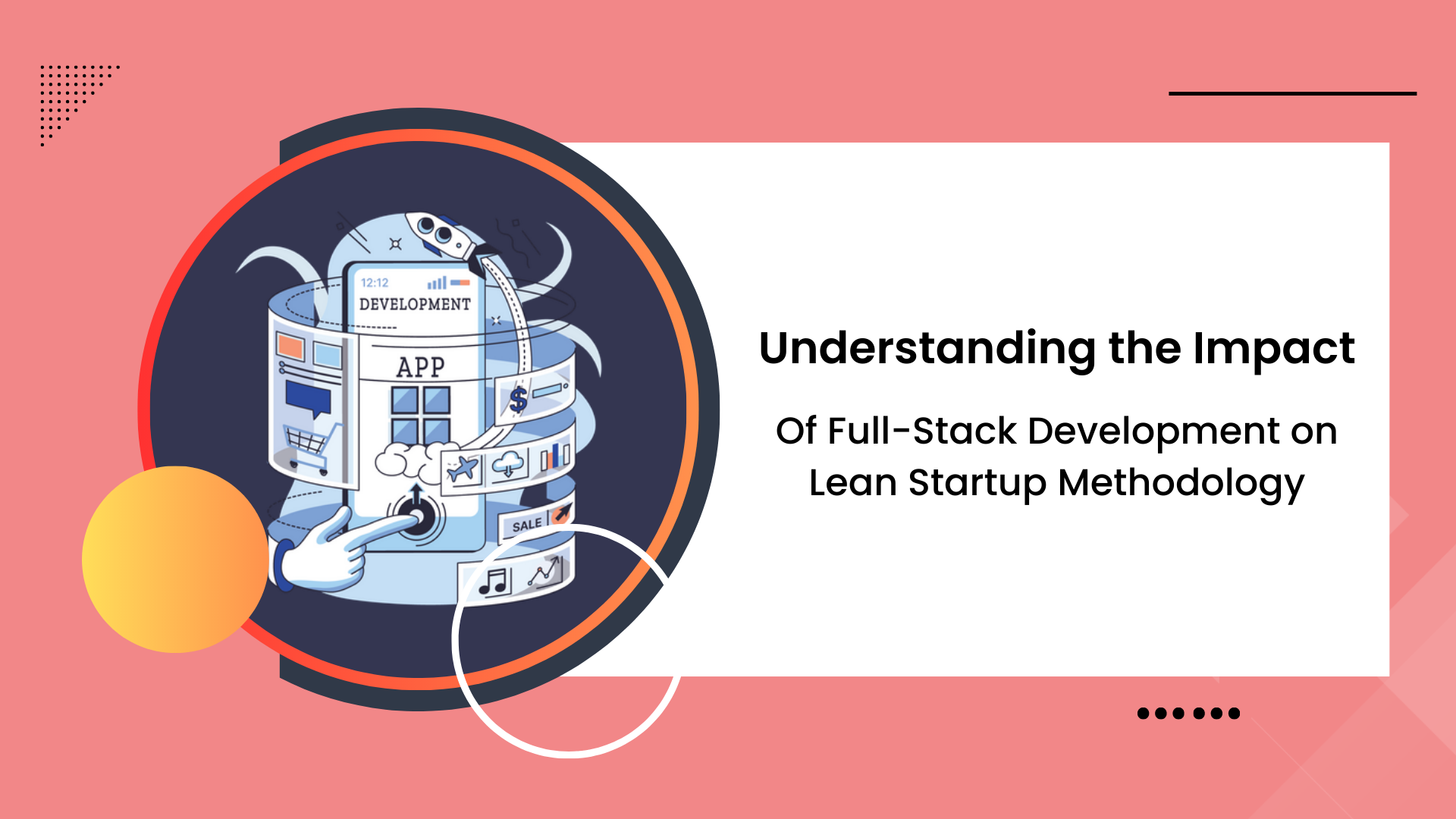Within the world of startups, there exist countless quiet achievers whose contributions and roles often remain underappreciated. One such hero in the world of startups is Full-Stack Development.
This blog aims to illuminate how Full-Stack Development can be a game-changer, particularly when coupled with the Lean Startup Methodology. Let’s embark on this exploratory journey.
Understanding Full-Stack Development
Full-Stack Development refers to the practice of developing both the front end (client-side) and back end (server-side) of a web application. A full-stack developer is akin to a Swiss Army Knife of the programming world, possessing the ability to handle multiple tasks with proficiency, from designing user interfaces to managing databases and everything in between.
In essence, a full-stack developer has a broad skill set, including, but not limited to, knowledge of front-end technologies such as HTML, CSS, and JavaScript, back-end technologies like Python, Ruby, or Java, as well as database management with SQL or MongoDB.
The Value of Full-Stack Development in the Startup Ecosystem
The start-up ecosystem thrives on innovation, speed, and cost-effectiveness, all of which are the cornerstone of full-stack development.
Startups often run on tight budgets. In such a scenario, having a full-stack developer on board can significantly reduce costs. Instead of hiring specialists for each layer of application development, startups can rely on a single professional who can handle various tasks efficiently.
The versatility and flexibility of full-stack developers mean they can seamlessly switch between different tasks and stages of a project. This ensures quicker iterations and shorter development cycles, allowing a startup to bring its product to market faster.
Furthermore, the ability of full-stack developers to engage in rapid prototyping is a boon for startups. They can create a Minimum Viable Product (MVP) rapidly, allowing startups to test their ideas quickly and make necessary adjustments.
Lean Startup Methodology: An Overview
The Lean Startup methodology is a business model that emphasizes creating and managing startups in a way that eliminates waste, learns from customers, and iterates the product or service as quickly as possible.
Central to this methodology is the Build-Measure-Learn feedback loop. Startups begin by building an MVP, measure its impact on the market, learn from the response, and iterate based on feedback.
Synergy between Full-Stack Development and Lean Startup Methodology
There is a clear symbiosis between full-stack development and lean startup methodology. Full-stack development aids in rapid development and iteration of an MVP, which aligns perfectly with the principle of ‘Build-Measure-Learn’ feedback loop in the lean startup methodology.
Moreover, full-stack development facilitates pivoting, a core aspect of lean startups. As market feedback necessitates changes in product strategy, full-stack developers can adapt and make necessary changes quickly and efficiently.
Tips for Integrating Full-Stack Development into Your Lean Startup
Finding the right full-stack developer for your startup can be a challenge. Look for professionals who demonstrate proficiency in multiple programming languages and have a strong portfolio showcasing their flexibility and skill.
Integrating full-stack development into your lean startup requires a holistic approach. Encourage open communication, foster a learning environment, and ensure that your full-stack developer is actively involved in planning and decision-making processes.
Below are some of the tips, you can effectively integrate full-stack development into your lean startup, enabling faster, more efficient growth, and a better response to market needs.
1. Seek a Skilled Full-Stack Developer:
The first step is to find a skilled full-stack developer. Look for someone with an extensive portfolio and proficiency in multiple programming languages. Partnering with a full-stack development company can offer startups the needed technical breadth and depth, optimizing their lean approach to achieve maximum efficiency. Their expertise should span across both front-end and back-end development and ideally, they should also have experience working in startup environments.
2. Foster a Collaborative Environment:
To optimize the skills of a full-stack developer, create a collaborative environment that encourages open communication. Your full-stack developer should be involved in planning and decision-making processes, allowing them to fully grasp the project’s vision and goals.
3. Emphasize Continuous Learning:
The tech world evolves at an extraordinary pace. Encourage your full-stack developer to stay updated with the latest programming languages and development practices. Regular training and workshops can assist in keeping their skills sharp and relevant.
4. Practice Agile Development:
Agile development aligns perfectly with both full-stack development and the Lean Startup methodology. It emphasizes adaptability and quick responses to change, allowing your startup to swiftly adjust and respond to customer feedback.
5. Use a Lean Approach to Development:
Ensure that your full-stack developer understands and applies the principles of lean development. This means minimizing waste and focusing on creating a product that brings value to customers, aligning perfectly with the idea of creating a Minimum Viable Product (MVP).
6. Optimize the Development Process:
Leverage the full capabilities of your full-stack developer by streamlining the development process. Rather than dividing tasks into separate silos, allow the developer to work on different aspects of the project simultaneously. This not only makes the process more efficient but also ensures that all parts of the project align well.
7. Create a Feedback-Oriented Culture:
Implement a system that regularly collects and analyses feedback, both from your team and your customers. This feedback can be used to inform the development process, making it more responsive to user needs and preferences.
Final Takeaways
Full-Stack Development and Lean Startup Methodology can work in harmony, creating an efficient, effective, and economically viable model for startups. As startups strive to innovate and succeed in an increasingly competitive market, the role of full-stack developers as the silent heroes becomes more critical than ever.



